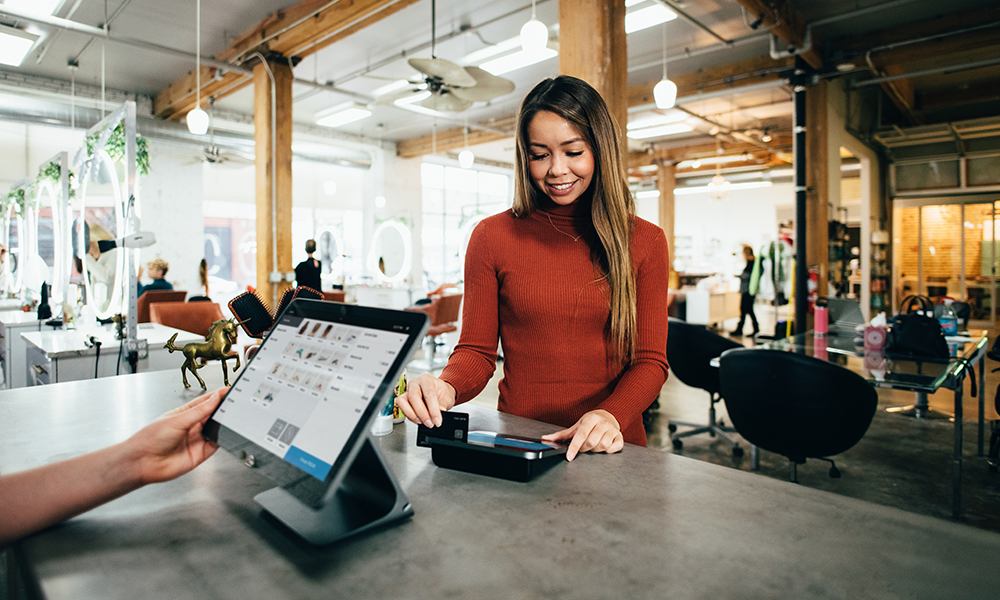Are you ready to ace your next mystery shopping assignment? Whether you’re a newbie or a seasoned pro, mastering the art of mystery shopping requires more than just keen observation skills – it’s about knowing the insider secrets that can set you apart from the rest. In this guide, we’ll reveal the top tips and tricks for getting a good grade on your mystery shop and maximising your success in this exciting field.
Blend In Like a Pro: One of the keys to successful mystery shopping is blending in seamlessly with other customers. To avoid drawing attention to yourself, dress appropriately for the environment, avoid making excessive eye contact with employees and behave naturally as you shop. Remember, the goal is to observe without being noticed, so try to maintain a low profile throughout the duration of your assignment.
Take Detailed Notes: As you go through your mystery shopping assignment, it’s essential to take detailed notes of your observations and interactions. Be sure to jot down specific details such as employee names, timestamps, and any noteworthy incidents or observations. These notes will not only help you accurately recall your experience but also provide valuable evidence to support your evaluation and feedback.
Provide Constructive Feedback: The heart of mystery shopping lies in providing constructive feedback to businesses to help them improve their customer service and operations. When writing your report, focus on providing specific examples and actionable suggestions for areas of improvement. Avoid being overly critical or negative – instead, strive to offer feedback in a constructive and professional manner that encourages positive change.
Maintain Professionalism at All Times: While mystery shopping can be fun and exciting, it’s essential to maintain a professional demeanor throughout your assignment. Treat all interactions with employees and customers with respect and courtesy, even if you encounter challenging situations or unsatisfactory service. Remember, you are representing both the mystery shopping company and the business you are evaluating, so professionalism is key.
Follow Instructions Carefully: Before embarking on your mystery shopping assignment, take the time to carefully read and understand the instructions provided by the mystery shopping company. Pay close attention to any specific requirements or criteria for evaluation, and make sure to follow them to the letter. Failure to adhere to instructions could result in a lower grade or disqualification from future assignments, so it’s essential to take them seriously.
Seek Continuous Improvement: Like any skill, mystery shopping requires practice and continuous improvement. Take the time to reflect on your experiences after each assignment and identify areas where you can improve. Whether it’s refining your observation skills, enhancing your report writing abilities, or mastering new techniques for blending in, there’s always room for growth and development as a mystery shopper.
In conclusion, achieving success as a mystery shopper requires a combination of skill, strategy, and dedication. By mastering the art of blending in, taking detailed notes, providing constructive feedback, maintaining professionalism, following instructions carefully and seeking continuous improvement, you can maximise your chances of getting a good grade on your mystery shop and thriving in this exciting and rewarding field. So, armed with these insider secrets, go forth and conquer your next mystery shopping assignment with confidence!
Sign up to Customer Perceptions today and discover new opportunities – Mystery Shopper Sign Up











